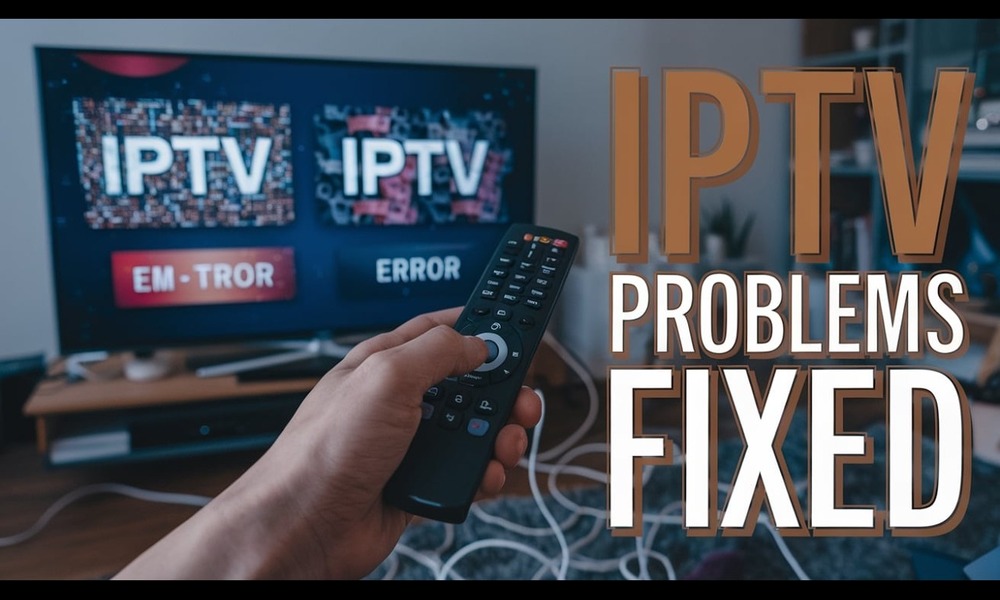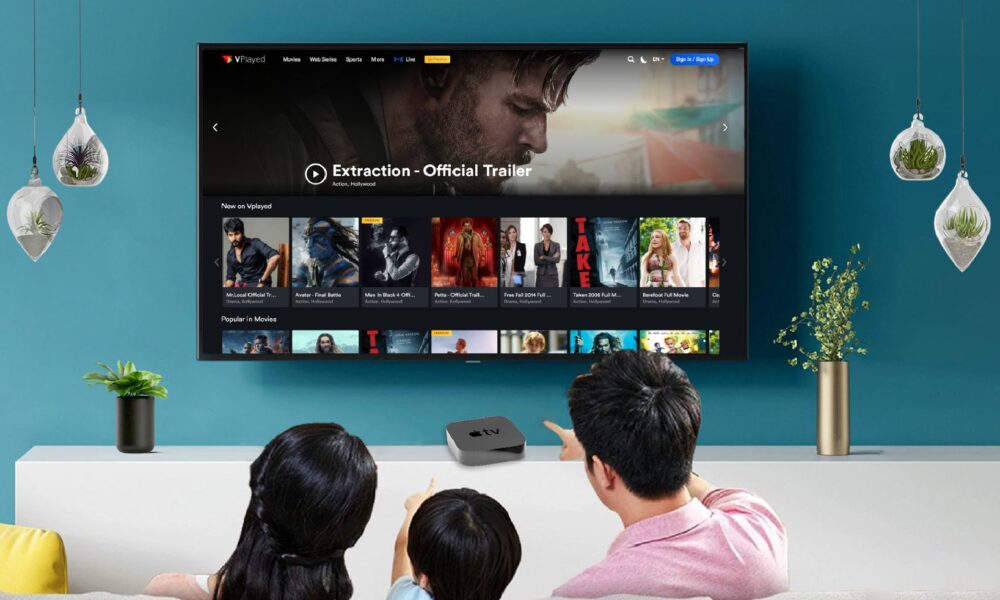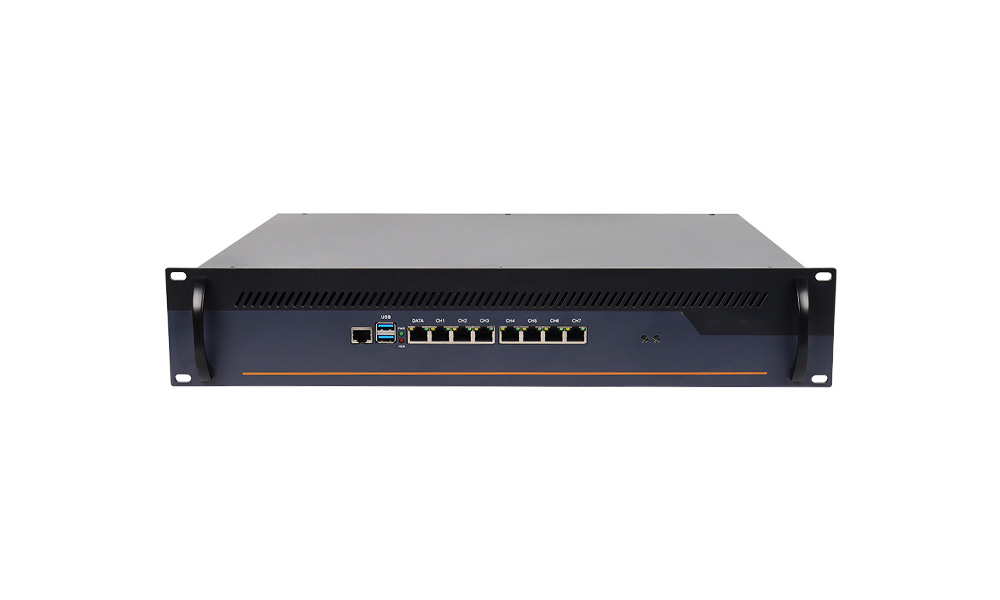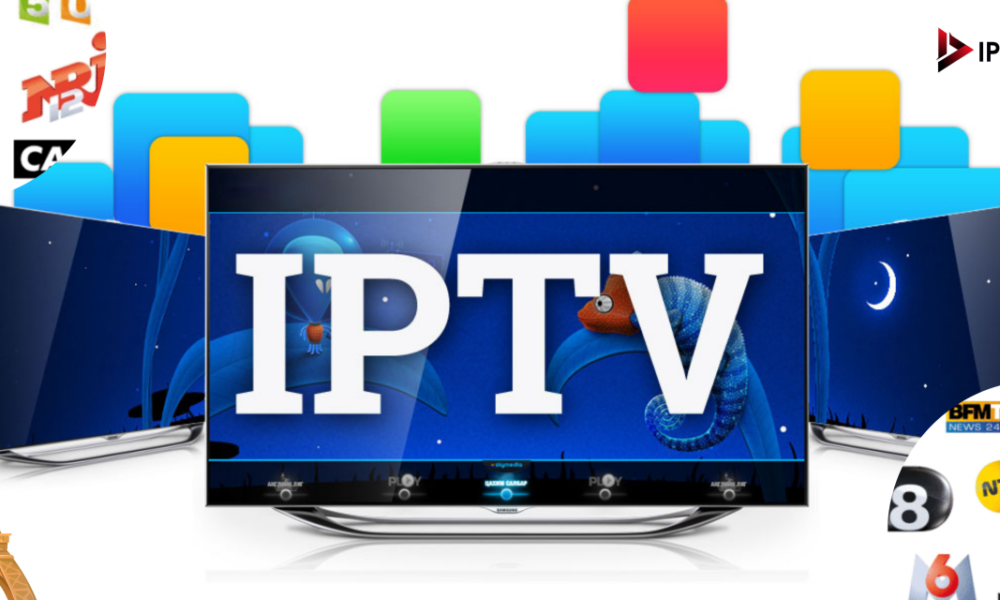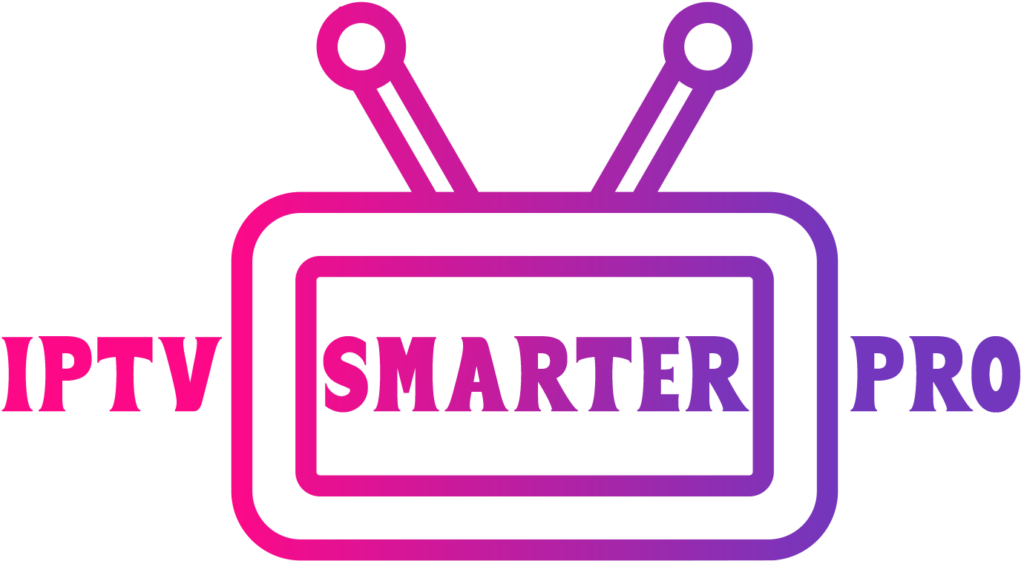Traditional cable TV is a household staple with which we are all familiar, but IPTV is an innovative, reasonably new medium. The television industry has evolved dramatically over the years. Traditional cable TV and IPTV are two popular options to experience entertainment. But which is right for you, and how do you choose the best option?
In this guide, we will deeply dive into the key differences between IPTV and traditional cable. Also, we will explore the top advantages and factors to consider when making your decision. Let’s get started.
What is IPTV and How Does it Work?
Internet Protocol Television, or IPTV, is a television streaming service. It delivers thousands of global live channels and on-demand content like movies, TV shows, and documentaries.
Key Features of IPTV:
- Uses internet protocols to deliver content.
- Supports multiple devices such as smart TVs, smartphones, tablets, laptops, Android and iOS.
- Offers on-demand content like movies, TV series, and documentaries.
- Stream high-quality content like 4K, 8K, HD, and FHD.
- Provides interactive features like pause, rewind, and fast-forward.
- Requires a stable internet connection.
What is Traditional Cable TV?
Traditional television has been our home entertainment system for decades. It uses cable or fiber optics to transmit television signals to your home. Nowadays, many modern television providers use satellites to deliver live channels.
Key Features of Cable TV:
- Use cable, fiber optics, or satellite to deliver content
- Requires a cable box or set-top box.
- Offers fixed local channel bundles with live programming.
- Does not rely on internet connectivity.
How Do They Compare?
Compared to traditional cable TV, IPTV offers a wide range of content, including global live channels, on-demand content, and time-shifting programs. Also, you can enjoy some interactive features like personalized content, device compatibility, and high-quality streaming.
Here’s a quick comparison table to help you understand the differences:
| Feature | IPTV | Traditional Cable |
|---|---|---|
| Content Delivery | Internet-based | Coaxial or fiber-optic cables |
| Device Compatibility | Multiple devices | Primarily TVs with set-top boxes |
| Channel Selection | Customizable | Fixed bundles |
| Picture Quality | HD/4K (depends on internet speed) | Reliable HD (limited 4K) |
| Interactivity | High (on-demand, pause, rewind) | Low |
| Pricing | Flexible subscription plans | Fixed monthly fees |
| Reliability | Depends on internet stability | Consistent |
Advantages of IPTV
- Content Versatility
- Enjoy thousands of local and international live channels.
- Experience a rich on-demand content library with the latest movies, TV shows, and time-shifting programs.
- Flexibility and Convenience
- Watch your favourite movies and TV series anytime with on-demand content
- Stream content across multiple devices simultaneously.
- Cost-Effective
- Offers various packages and customizable plans tailored to your needs.
- Enjoy one subscription for all family members and various devices.
- Only pay for what you watch.
- Doesn’t need additional hardware like cable boxes.
- High-Quality Streaming
- Supports HD, 4K, and 8K content (with sufficient internet speed).
Advantages of Traditional Cable TV
- Internet Dependency
- There is no need for the internet
- Reliability
- Stable signal unaffected by internet outages or bandwidth issues.
- Ease of Use
- Simple setup with minimal technical knowledge required.
- Extensive Channel Lineup
- Offers a wide range of channels, including local programming.
What Are the Downsides?
Though both television systems offer comprehensive benefits and features, they also come with some drawbacks:
IPTV:
- Requires a stable high-speed internet connection to stream 4K content.
- May experience buffering or lag during peak usage times.
- The initial setup can be more complex for non-tech-savvy users.
Traditional Cable:
- Limited flexibility in channel selection (you often pay for channels you don’t watch).
- Higher costs due to infrastructure maintenance.
- Lacks modern interactive features like on-demand streaming.
Who Should Choose IPTV?
IPTV is ideal for:
- Users who like to know what’s going on the other side of the world.
- Viewers who prefer to watch versatile content.
- Tech-savvy users who want streaming content on multiple devices.
- Viewers with flexibility in what they watch and when they watch it.
- Those looking for cost-effective alternatives to traditional cable packages.
Pro Tip: If you have a 25Mbps or 50Mbps internet connection, you can enjoy a high-quality viewing experience with IPTV services.
Who Should Stick with Cable TV?
Cable TV is best suited for:
- Areas with no internet.
- Users who have unreliable or slow internet connections.
- Those who prefer simplicity and reliability over customization.
- Families who enjoy live programming and local channels without the hassle of streaming setups.
Final Thoughts
Both traditional cable and IPTV come with benefits and drawbacks. If you have high-speed internet and prefer a wide range of content under one subscription, you can opt for IPTV. On the other hand, if you have a poor internet connection and want to watch local channels, cable TV can be ideal for you. Take time, analyse both pros and cons and make informed decisions.

